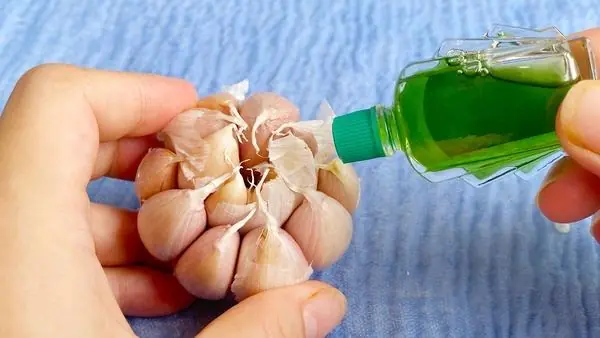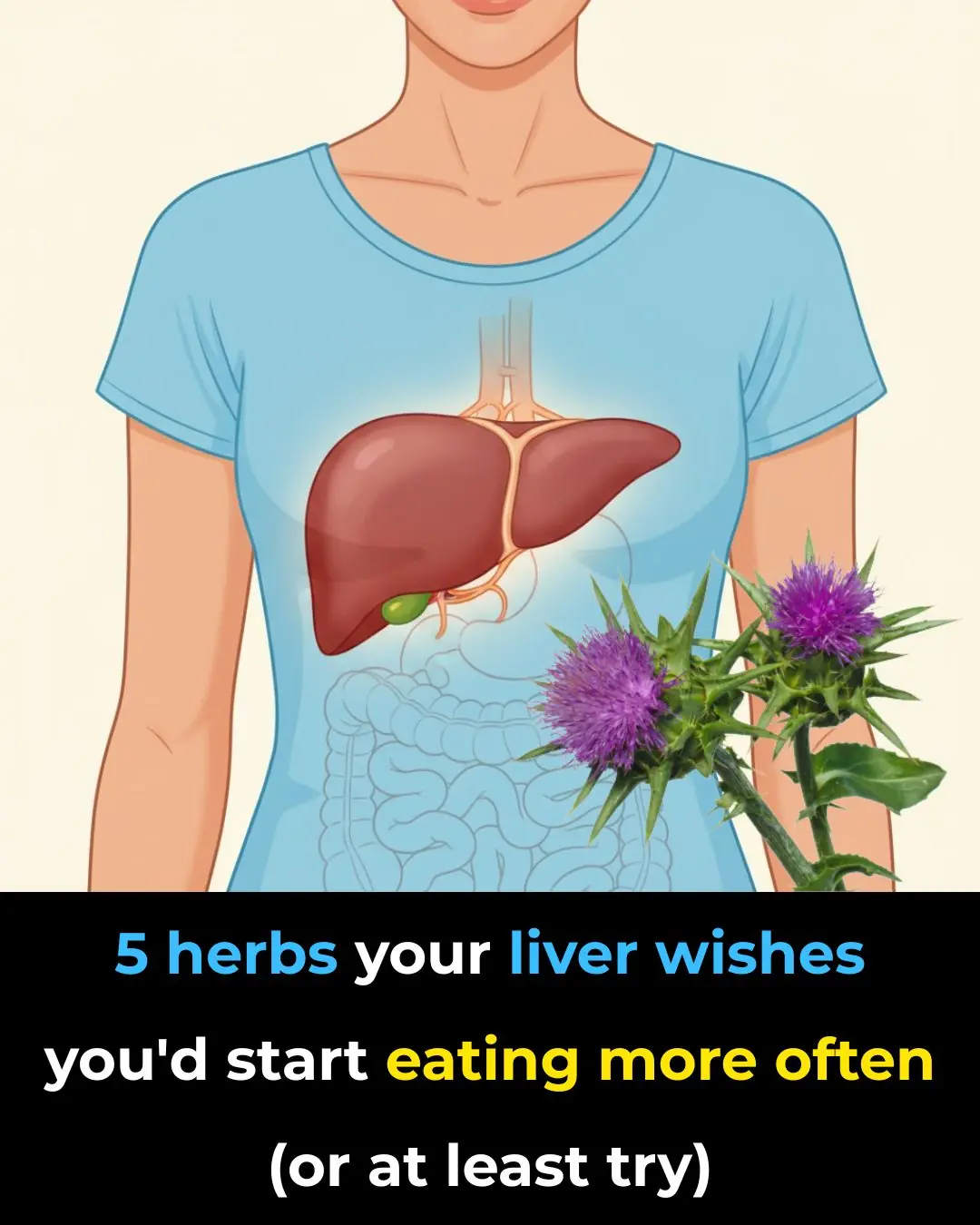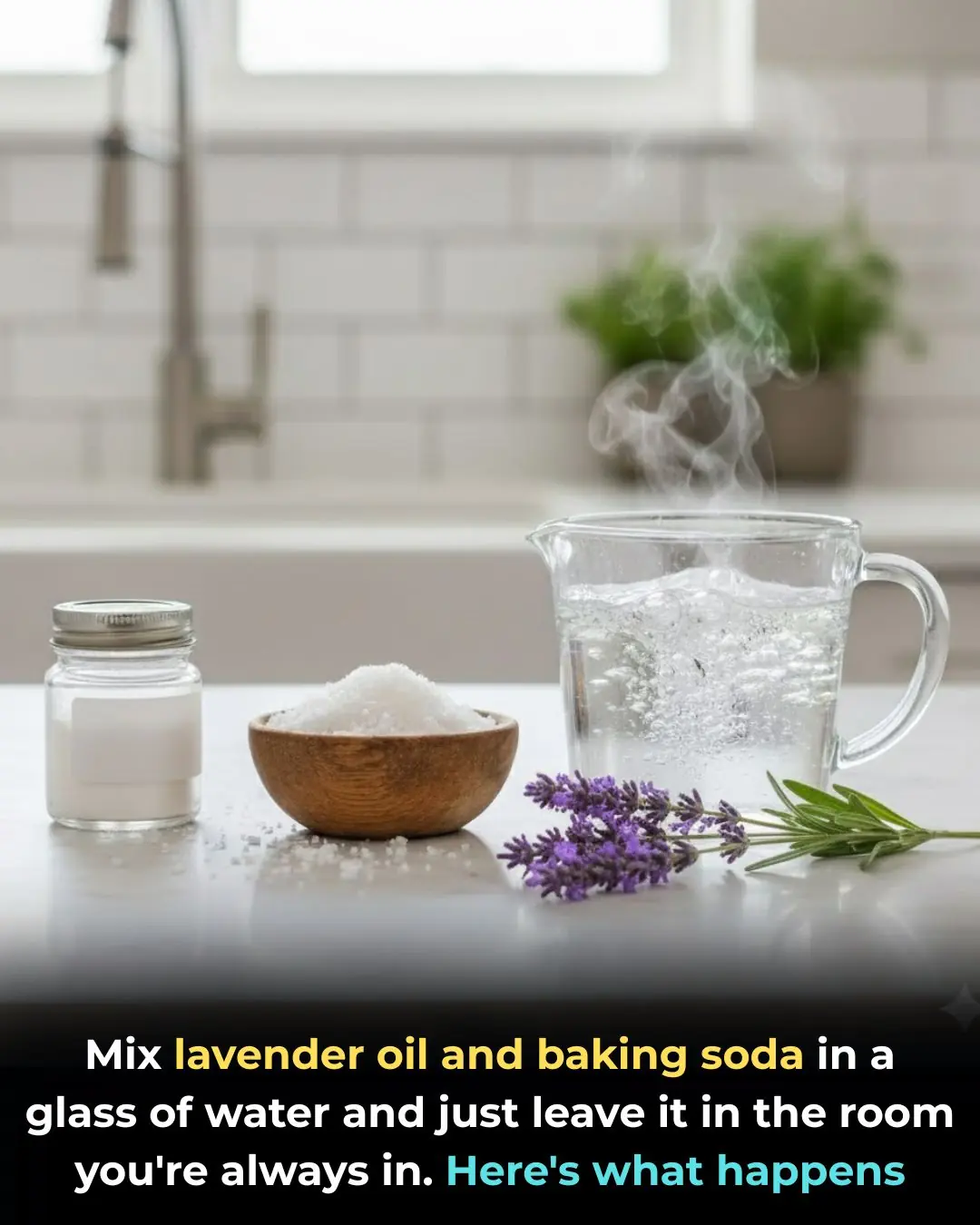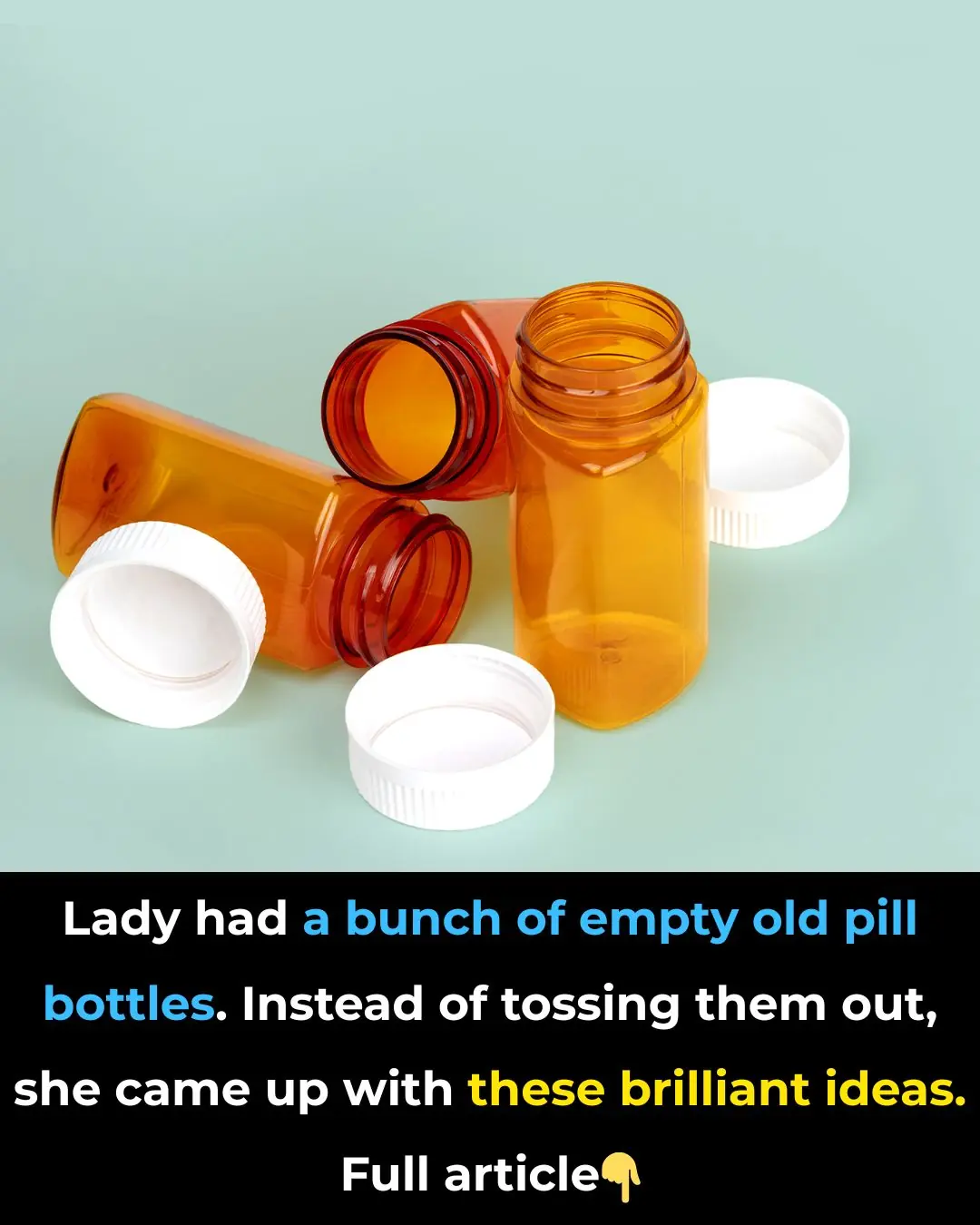
Rose Essential Oil May Boost Brain Structure: New Study Reveals Increased Gray Matter Volume
A recent and intriguing study from Japan indicates that women who wore rose-scented essential oil on their clothes for a period of 30 days showed a significant increase in gray matter volume throughout the brain, as measured by MRI scans. PubMed+2ScienceDirect+2 This finding raises the possibility that a simple, natural aromatherapy practice may exert measurable influence on brain structure — and by extension, cognitive health.
Gray matter – the region of the brain rich in neuronal cell bodies, dendrites, and synapses – is central to processes of memory, learning and emotional regulation. An increase in its volume may therefore reflect enhanced neural connectivity, greater synaptic density, or boosted neuroplasticity (the brain’s capacity to reorganize itself). In the study, participants assigned to the rose-scent group exhibited increased gray matter volume (GMV) in their whole brain and especially in a region called the posterior cingulate cortex (PCC). ScienceDirect+1 Interestingly, the amygdala and orbitofrontal cortex (OFC) – regions typically associated with emotion and olfaction – did not show a significant change, suggesting a somewhat specific regional effect. PubMed+1
Researchers posit that the daily, continuous inhalation of the rose aroma might stimulate brain activity via olfactory pathways (sense of smell), thus promoting neuroplastic changes. In particular, the PCC is known to mediate odor–memory associations, semantic memory, and aspects of attention and default mode network activity. ScienceAlert+1 The pleasant (or novel) aroma of rose essential oil may therefore act as a mild ‘exercise’ for brain circuits that link smell, memory, and associative learning — potentially supporting mental well-being and cognitive resilience.
In practical terms, incorporating rose essential oil into everyday life is quite straightforward. For example, one could add a few drops to a scarf, clothing, or fabric accessory, so that the scent is subtly but continuously inhaled over the day. The study did something very similar: women in the intervention group wore a designated rose scent on their clothes for a month. PubMed+1 While this does not yet guarantee improved memory, sharper cognition, or prevention of cognitive decline, it suggests that natural scent-based interventions could be an accessible complement to more established lifestyle practices for brain health (e.g., physical activity, cognitive challenge, sleep hygiene).
That said, several important caveats warrant emphasis. The sample in the cited study was relatively small (28 women in the intervention group, 22 controls) and all participants were healthy adult females. PubMed Moreover, an increase in gray matter volume does not necessarily translate directly into measurable functional improvements (such as faster recall, reduced risk of dementia, or enhanced executive control). As one science-news article put it, “While an increase in brain volume doesn’t necessarily translate into more thinking power… these findings could have implications for neurodegenerative conditions such as dementia.” ScienceAlert Long‐term follow-up, larger and more diverse samples, and measurement of actual cognitive outcomes (not just anatomical changes) will be important to validate and extend these findings.
In summary, this discovery opens a tantalizing new chapter in how lifestyle practices — beyond diet and exercise — may influence neurological function and mental wellness. The notion that something as simple as the regular inhalation of a natural scent (rose essential oil) can lead to detectable changes in brain structure is compelling. It invites further exploration into the realm of aromatherapy, olfaction-based interventions, and low-cost strategies to support healthy brain aging. While we await further research, adopting a pleasant scent-based habit may be a low-risk, potentially beneficial addition to a broader brain-healthy lifestyle.
References
Kokubun K., Nemoto K., Yamakawa Y., “Continuous inhalation of essential oil increases gray matter volume,” Brain Research Bulletin, 208:110896, 2024. PubMed+1
Nield D., “Smelling This One Specific Scent Can Boost the Brain’s Gray Matter,” ScienceAlert, 28 August 2025. ScienceAlert
Study summary: “Study: Rose scent stimulates memory regions, reduces risk of dementia,” BNA, 29 August 2025. bna.bh
News in the same category


Sweden Turns School Lunchrooms Into Forest-Inspired Sanctuaries to Boost Student Well-Being

When Pleasing Others Hurts Your Health: New Study Links People-Pleasing to Autoimmune Risk

Why We Sleep With ‘T-Rex Arms’: A Self-Soothing Posture Linked to Stress and Neurodivergence

Choose the Longest Line

France Turns Forgotten Railway Tunnels into Poetic Winter Shelters for the Unhoused

Why So Many New York Buildings Don’t Have a 13th Floor

Pouring medicated oil on garlic seems like a strange thing to do, yet it offers surprising benefits that not everyone knows about

Always Close Your Bedroom Door Before Going to Sleep

Why So Many New York Buildings Don’t Have a 13th Floor

Norway’s Living Kelp Barriers: Nature-Built Protection for a Changing Coastline

Italy’s Porous Streets: A Quiet Innovation That Lets Cities Breathe Again

How Israel Is Turning Water Pipes Into Clean Power Plants

Powerful Health Benefits of Pineapple You Should Know

🐍 What to Do If You’re Bitten by a Snake — When Help Is Far Away

Motherhood Rewires the Brain: Why Postpartum Recovery Takes Years, Not Weeks

Eating More Than One Egg a Week May Slash Alzheimer’s Risk by 47%

CRISPR Breakthrough Offers Hope for a Potential HIV Cure

Four Teens Risk Their Lives to Rescue Elderly Neighbor from Burning Home in Sapulpa
News Post

Tips to deodorize the refrigerator

3 ways to make crispy roasted pork at home in a pan or fryer

5 Herbs Your Liver Wished You’d Start Eating More Often (Or At Least Try!)

Tips for hair treatment with okra, extremely effective against hair loss, baby hair grows bristling

This one vitamin could help stop you from waking up to pee every night

“How Indonesia’s Tarp Kiosks Are Redefining Public Drinking Water”

Just tried this and whoa

2 Simple and Effective Ways to Remove the Smell from Long-Frozen Meat

Lady had a bunch of empty old pill bottles

There’s a “Hidden Component” Under Your Washing Machine That Can Make Your Clothes Cleaner and Fresher

Wish I saw this sooner! Great tips!

Why Lung Cancer Targets Non-Smokers: The Hidden Kitchen Culprit You Might Not Know About

“Painting the Impossible: China’s Drone Experiments Turn Cliffs into Giant Artworks”

Dropping wind oil on garlic

‘Why Did You Come to This School?’: Lawsuit Says Chicago School Let 10-Year-Old Black Girl Be Called the N‑Word, Punched, and Threatened Daily—Then Blamed Her for the Disruption

Don't boil chicken with salt and water, otherwise it will be fishy and turn red.

Take the meat from the freezer and it's hard as bricks

Your Mattress Getting Dirty and Smelly? Sprinkle This on the Surface — No Water Needed, and It’ll Look Fresh Again

Sink Trick You Should Always Do Before Vacation
